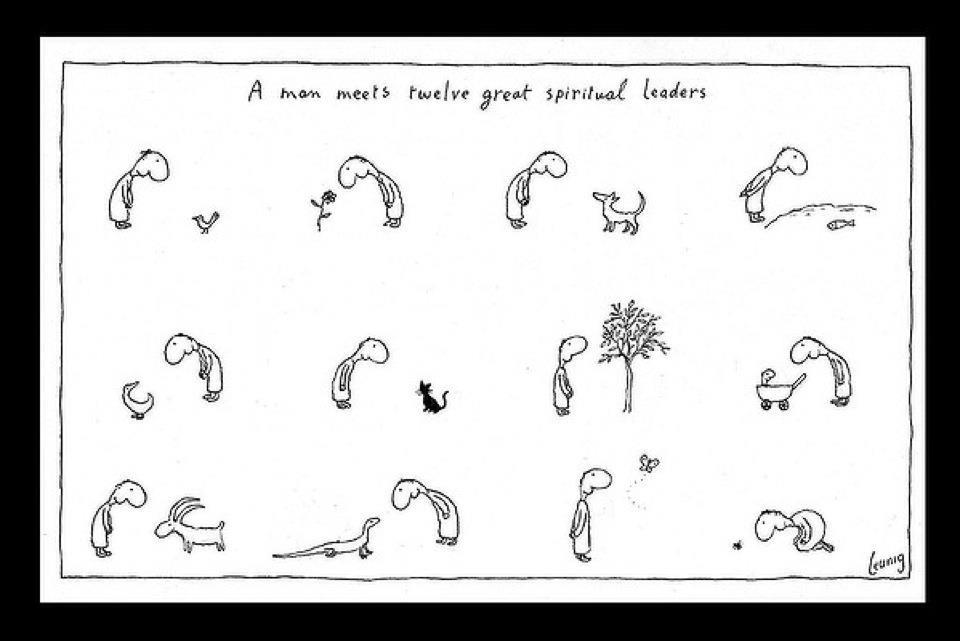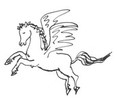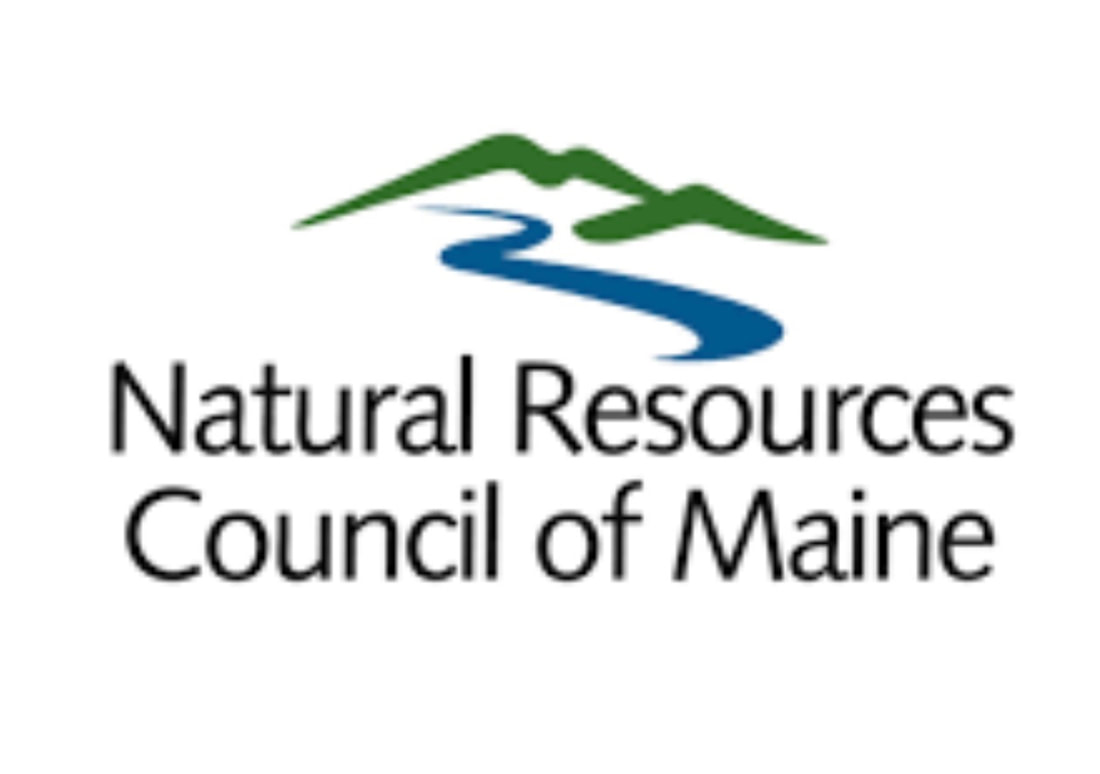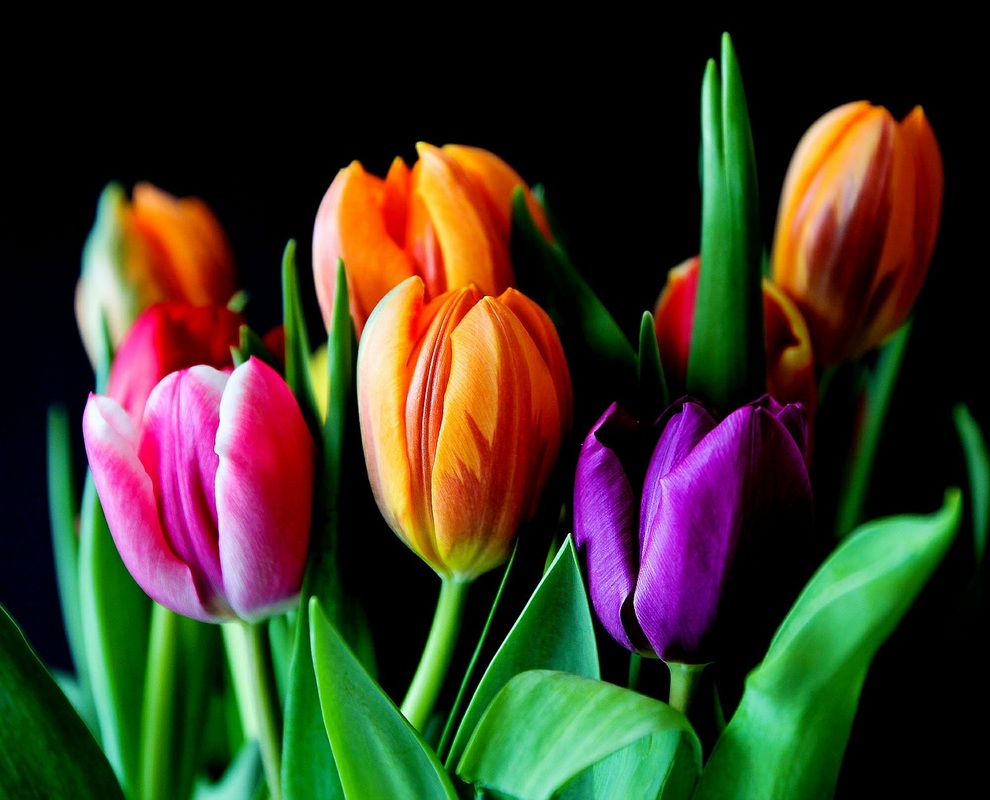|
I am sharing with you some ideas on how to look at animals, why that matters, and one film about communication with a leopard which is worth your time. The way we look at our world is the way we look at us. It is obvious that seeing is really about perception. When seeing an animal, for most of human history humans have been wondering: "Will it hurt me? Can I eat it? Can it serve me?" These three questions asked and applied to various groups of animals - from big mammals to cattle to fish and birds and guinea pigs - have avoided the real and only question that should and can be asked in the 21st century: "What and who is it?" When I saw one morning so clearly that this is the only question that moves us really forward, I never looked the same way at nature and its infinite expressions again. Actually I never looked the same way at humans, at our own culture and how we speak with each other. The question "What and who is it?" is not asking for an opinion - it is actually opinion free territory. It is inquisitive and observing. And that is when the learning curve begins - and the grace and the mercy. And the progress. A start is to look at animals as teachers in their own right, and after spending much time with music and the arts I have thrown myself more than ever before into understanding the natural world. In the wake of this exploration I was healed of a life-long fear of horses, mosquitos and wasps stop stinging me, and two cats are moved into our home. It also changed radically what groceries we buy and how we cook. Talk about change. It is a gift to look at animals free from opinions and free from comparisons with humans. As much as comparing you and other people doesn't really help to bring out the best in you, in the same way we only see animals in their full potential, beauty, and power when we don't let humans set the bar, but actually God. The incredible glory of creation is brought forth in our consciousness by quiet observation and shared silence, really. It is God, Life, Truth, and Love, being expressed everywhere. God is the Mind of man. God is the Mind of the leopard. God is the Mind of the entire creation. The Psalmist writes: Praise the Lord from the earth, you great sea creatures and all ocean depths, lightning and hail, snow and clouds, stormy winds that do his bidding, you mountains and all hills, fruit trees and all cedars, wild animals and all cattle, small creatures and flying birds, kings of the earth and all nations, you princes and all rulers on earth, young men and women, old men and children. Let them praise the name of the Lord, for his name alone is exalted. (Psalm 148, NLT) And the most noble name of the Lord is Love, pure, rich, infinite Love. Talk about something praiseworthy. Can you see the wild animals and small creatures go about their day praising Love, by simply being? A friend pointed out the many wonderful references by Mary Baker Eddy to animals. She mentions the "diligence, promptness, and perseverance" of cattle, the snake "as a wise idea", "the tireless worm", she attributes "freedom and fearlessness" to the lion, the powerful innocence to the lamb. She writes: "Tenderness accompanies all the might imparted by Spirit. The individuality created by God is not carnivorous, as witness the millennial estate pictured by Isaiah: - The wolf also shall dwell with the lamb, And the leopard shall lie down with the kid; And the calf and the young lion, and the fatling together; And a little child shall lead them. Understanding the control which Love held over all, Daniel felt safe in the lions' den, and Paul proved the viper to be harmless. All of God's creatures, moving in the harmony of Science, are harmless, useful, indestructible. (SH p. 514) Harmless, useful, indestructible. I strive to see and listen more in order to support the animal kingdom which needs to be seen for what it truly is. The uplift of our concept of creation will bring an upbuilding of their protection and true honor. My journey has only begun - and can wait to more insights, experiences, more wisdom in this regard. The American writer and naturalist Henry Benston shared this insight, which has a fixed and holy place in my heart. I found this quote in one of my favorite books on animals: "Beyond words. What animals think and feel" by Carl Safina. I found it and will never loose it. “We need another and a wiser and perhaps a more mystical concept of animals. Remote from universal nature and living by complicated artifice, man in civilization surveys the creature through the glass of his knowledge and sees thereby a feather magnified and the whole image in distortion. We patronize them for their incompleteness, for their tragic fate for having taken form so far below ourselves. And therein we err, and greatly err. For the animal shall not be measured by man. In a world older and more complete than ours, they move finished and complete, gifted with the extension of the senses we have lost or never attained, living by voices we shall never hear. They are not brethren, they are not underlings: they are other nations, caught with ourselves in the net of life and time, fellow prisoners of the splendour and travail of the earth.” How we think about animals is how we think about God and creation. It shows forth our true colors. It matters because it determines our own freedom from selfishness and shortsightedness, and the longing to learn more honors the Creator like nothing else will. The implications of this learning curve will be huge, involving blessings for all, "for the creation waits in eager expectation for the children of God to be revealed." (Romans 8: 19). In this short video you will find a practical example answering the question why it matters how we think about animals. It even involves changing a name. |
Who is writing?
In my work as Christian Science practitioner and writer I draw on listening to God and listening to people. Categories
All
My Archive
October 2023
|




